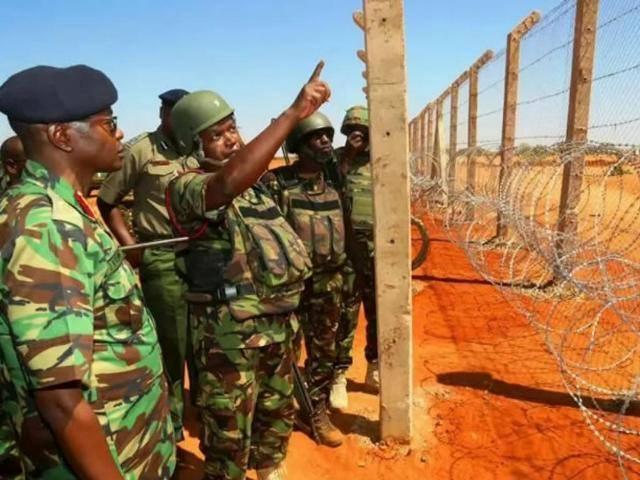Abdimalik Anwar was sipping a cup of coffee at the popular Nomad Palace Hotel in Nairobi’s Eastleigh neighborhood on January 15 when a friend called to ask if he had heard the news. A few miles away, militants linked to the terror group Al Shabab had stormed 14 Riverside, an upscale hotel and office complex, and the death toll was quickly rising.
Immediately, Mr. Anwar felt a jolt of fear. In 2013, when the Somalia-based Al Shabab had attacked the nearby Westgate Mall, some Kenyans had quickly turned their anger on the country’s large community of Somalis. A violent police crackdown swept Somali neighborhoods, and many young Somalis like Anwar – who has lived in Kenya since he was an infant – endured bracing street harassment.
So this time, Anwar picked up his phone and began to tweet. It would be a mistake, he wrote, to once again equate Al Shabab with all Somalis, or to blame Somali communities for the group’s indiscriminate violence. “We need to counter this narrative before it becomes a cliché,” he wrote. But unknown to Anwar, a different conversation was gathering force on social media this time around.
“Protect Somali people and Muslims in general from the nonsensical harassment that this Riverside thing might cause,” wrote Bryan Ngartia, a Kenyan writer and performing artist, racking up more than 1,200 likes. “No Somali or Muslim living in Kenya should worry about us Kenyans victimising them. Never. I love them brothers and sisters so much! Literally!” tweeted another user, to 1,500 likes.
For Somali community leaders, such messages of solidarity suggested Kenya was changing, and that their long campaigns to bridge the divides between Kenya and its Somali community were finally paying off. But themessages were also a reminder that the nature of terrorism in East Africa was changing. Since 2013, Al Shabab’s influence had extended deep into Kenya and other nearby countries, and it was no longer a given that the terror group’s operatives would be young Somalis.
“What makes a #Kenyan turn against Kenyans?” another Twitter user asked a few days after the attack, reacting to news that at least two of the attackers had been indigenous Kenyans. For many Somali Kenyans, however, it was a question they had been thinking about for years. Somalis began arriving in Kenya as immigrants and refugees in the 1990s, during the beginning of a civil war in Somalia. As the war dragged on, many put down roots in Kenya, and today there is a large community of young Somali Kenyans who have never visited their “homeland.”






